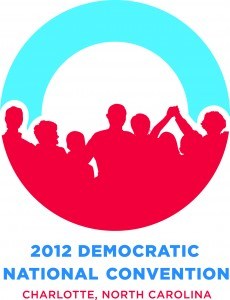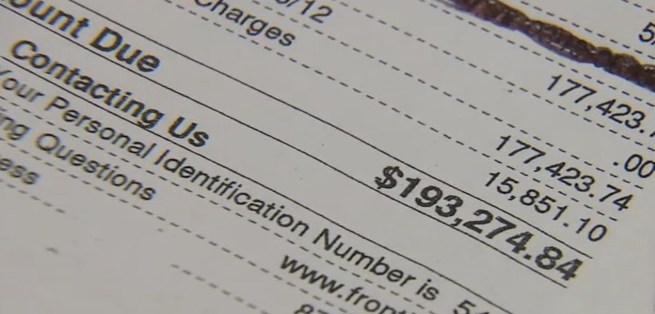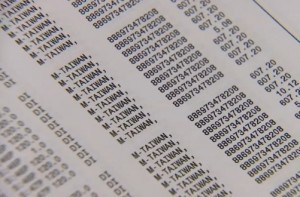 AT&T is ingratiating itself with both sides of the political divide, as the Democratic National Convention Committee names the company the “official carrier” of the convention.
AT&T is ingratiating itself with both sides of the political divide, as the Democratic National Convention Committee names the company the “official carrier” of the convention.
While that is likely to bring good will for AT&T among convention delegates, politicians, and their families, Charlotte, N.C. residents are also welcoming the major upgrades that are coming with AT&T’s presence at the event.
The phone company is installing at least 50 micro-tower antennas atop light poles in downtown Charlotte, designed to boost capacity for both AT&T’s Wi-Fi and cellular networks. Another 10 mobile cell towers will be in place during the event to accommodate the anticipated 35,000 visitors attending the convention at Time Warner Cable Arena.
Verizon Wireless is also expanding capacity for their customers in Charlotte, announcing five new cell antenna sites and several portable mobile towers.
While the portable mobile-based towers will leave Charlotte at the end of the convention, the other upgrades are permanent, improving service in the city.
[flv width=”640″ height=”380″]http://www.phillipdampier.com/video/WSOC Charlotte ATT to be official carrier of DNC 6-20-12.flv[/flv]
Bipartisan AT&T is the official carrier of both the Republican and Democratic National Conventions. AT&T is already making improvements in Tampa for the RNC convention, now it is Charlotte, N.C.’s turn with upgrades on the way for the Democratic convention, ironically held at the Time Warner Cable Arena. WSOC-TV reports. (2 minutes)


 Subscribe
Subscribe





